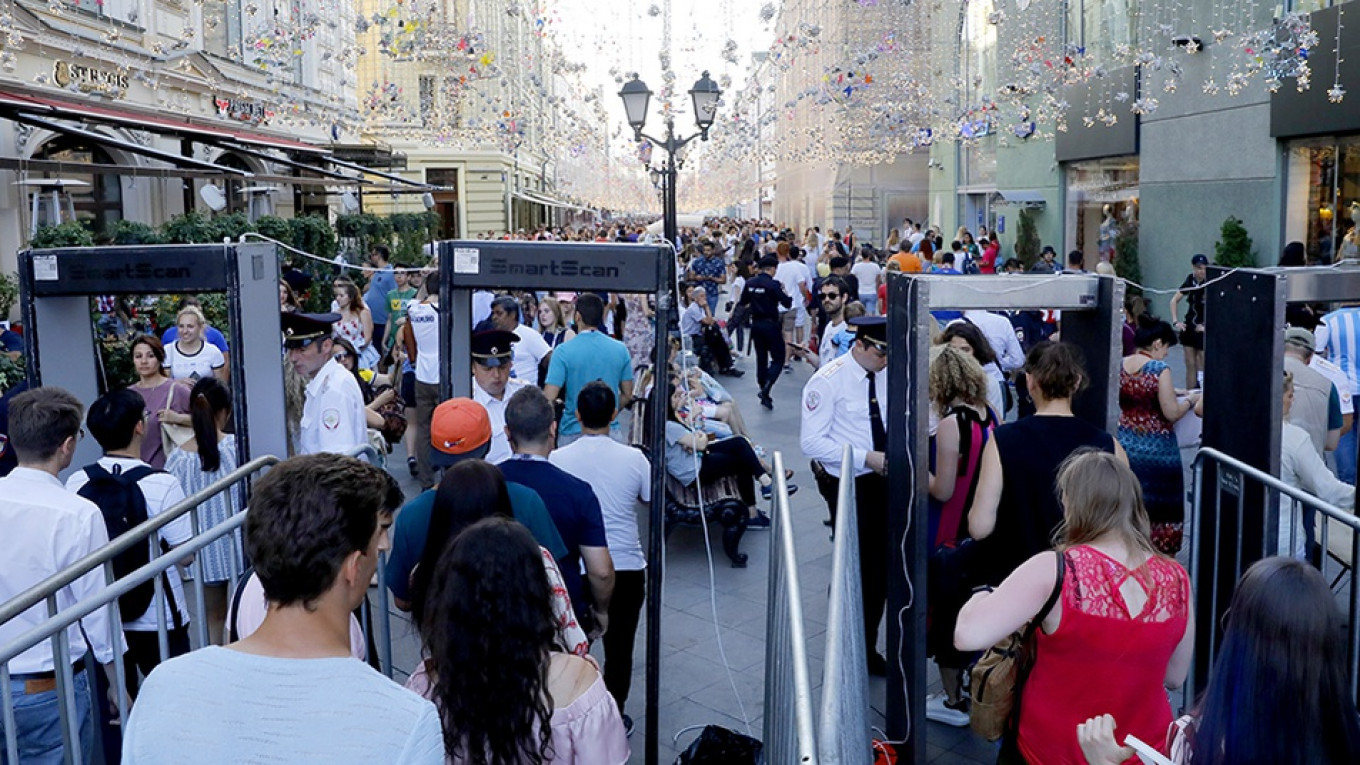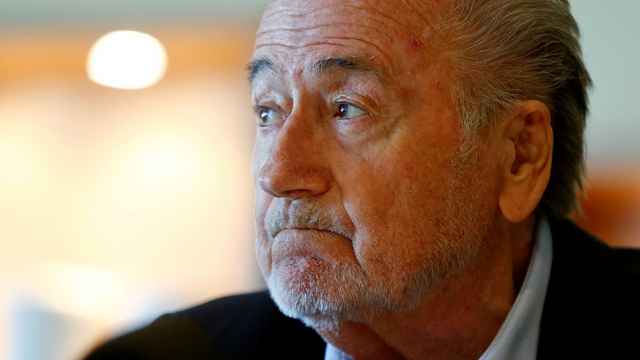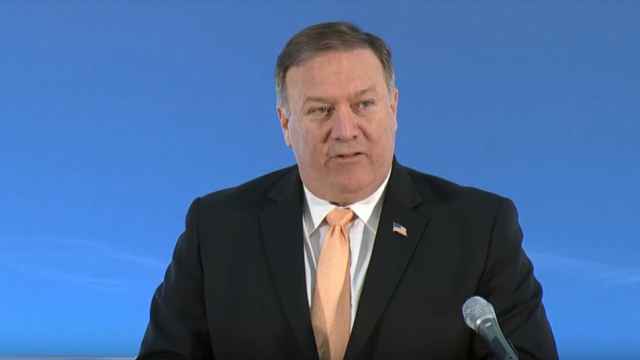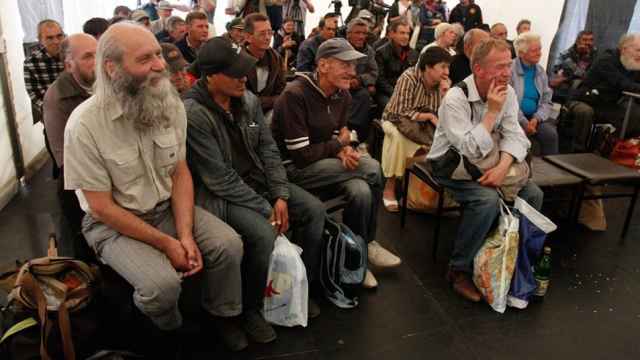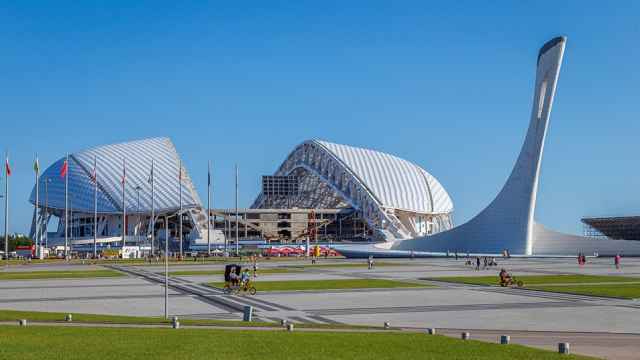Police have put up metal detectors at a popular gathering spot for football fans in central Moscow.
Nikolskaya Ulitsa, a pedestrian street stretching from the Red Square to the former KGB headquarters, has become the de facto 24-hour party area during the World Cup. But the non-stop celebration is also a place of heightened risk for harassment at night.
Moscow authorities have placed metal detectors at Nikolskaya as a security precaution until the cup wraps up on July 15, a senior Moscow City Hall security official said Thursday.
“We’re taking a number of measures in connection with the mass gathering of people on the street,” Vladimir Chernikov, Moscow City Hall’s head of Regional Security and Anti-Corruption Activities told the Govorit Moskva radio station.
The move comes amid bomb threats in two World Cup host cities – Rostov-on-Don and Samara – that forced hurried evacuations. Both threats were found to be false.
Russian campaigners with the Open Russia pro-democracy movement also staged a covert protest on Nikolskaya this week, calling on the Kremlin to release the hunger-striking Ukrainian filmmaker Oleg Sentsov. Photographs on social media showed fans posing next to a 1.5 meter mock-up of a World Cup trophy bound in barbed wire and carrying the slogan #FreeSentsov.
Even with the metal detectors, Moscow officials made assurances that fans will still be able to access the party street.
Authorities “do not plan to block Nikolskaya,” Chernikov’s spokeswoman Yelena Romanova told the RBC business portal.
City Hall’s Chernikov stressed that the mayor’s office is “doing everything to make people feel comfortable in the city.”
“Believe me, we’re succeeding,” said Chernikov
Reuters contributed reporting to this article.
A Message from The Moscow Times:
Dear readers,
We are facing unprecedented challenges. Russia's Prosecutor General's Office has designated The Moscow Times as an "undesirable" organization, criminalizing our work and putting our staff at risk of prosecution. This follows our earlier unjust labeling as a "foreign agent."
These actions are direct attempts to silence independent journalism in Russia. The authorities claim our work "discredits the decisions of the Russian leadership." We see things differently: we strive to provide accurate, unbiased reporting on Russia.
We, the journalists of The Moscow Times, refuse to be silenced. But to continue our work, we need your help.
Your support, no matter how small, makes a world of difference. If you can, please support us monthly starting from just $2. It's quick to set up, and every contribution makes a significant impact.
By supporting The Moscow Times, you're defending open, independent journalism in the face of repression. Thank you for standing with us.
Remind me later.


